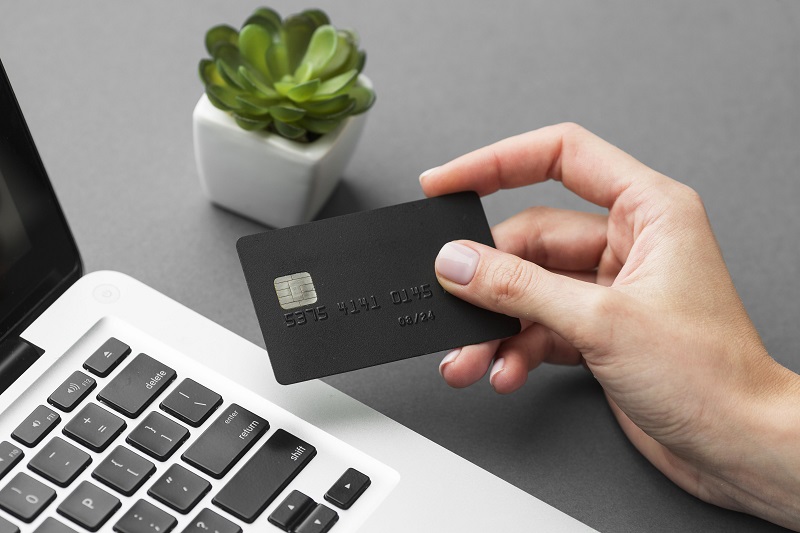The Buyt Desk
The Budget 2022, levied a tax on virtual assets including crypto assets and non-fungible tokens (NFTs).
In Budget 2022, Finance Minister Nirmala Sitharaman introduced the new regulation where tax deducted at source (TDS) at 1 per cent is applicable to payments made on transfer of virtual assets. The Central Board of Direct Taxes (CBDT) has issued detailed guidelines on the same. It has been said that all parties should adhere to the timelines and report every virtual digital asset transaction to the tax authority. Even the date of the transaction and the mode of payment should be clearly specified.
What is Section 194S under Income-tax Act, 1961?
The new section is introduced under Income-tax Act, 1961 which is Section 194S. This section dictates that a person responsible for paying any sum to any Indian through the transfer of a virtual digital asset (VDA) must deduct 1% of an amount transferred as income tax From July 1, 2022, Crypto asset is charged TDS as per IT dept guidelines. x from now on. It also says that the tax deduction should happen at the time of the amount credited to the account or at the time of payment, whichever is earlier.
Which account will the tax be deducted from?
CBDT guidelines say that when tax is deducted by the buyer under Section 194S of the Income Tax Act, the seller need not deduct the tax on the same transaction. The TDS needs to be deducted either from the seller or buyer account and not both. To make sure that it happens at only one end, the seller can ask for an undertaking from the buyer about the deduction of tax. The TDS collected under section 194S must be paid to the central government within 30 days from the last day of the month where TDS was collected. The party who deduces the TDS should give a TDS certificate to the payee and this should happen within 15 days of paying it to the central government.
What will happen if transactions happen through Exchanges?
The exchange will deduct the tax when the transaction happens through them. It will become difficult for both the seller and the buyer to deduct tax on transactions happening through exchanges. So the CBDT has given a simple solution by asking the exchange to deduct the taxes on VDA transactions. The exchange has to maintain the trail of VDA to VDA trade transactions and evidence of deduction of 1 per cent of TDS on the transaction amount.
Is there any case of tax exemption?
The CBDT says that under the below cases the TDS is not deducted.
-
When the amount paid (single transaction or aggregate) by the ‘specified person’ (buyer) is within Rs 50000/- during the financial year
-
When the amount paid (single transaction or aggregate) by any other person/ other than ‘specified person’ is within Rs 10000/- during the financial year
Under Section 194S of the Income-tax Act, the TDS deduction applies only if the value or aggregate value of the VDA transaction is beyond Rs 50000/- in that financial year and only if consideration is paid by the specified person. For not paid by the specified person then TDS is deducted only when the value of the VDA transaction is beyond Rs 10000/- in that financial year.
Who is a specified person?
A specified person is an individual or Hindu Undivided Family (HUF)
-
who does not have any income under the head ‘profit and gains from business and profession’.
-
who has income under the head ‘profit and gains from business and profession’ but the total sales/ turnover / gross receipts from business does not exceed Rs 1 crore.
-
who has income under the head ‘profit and gains from business and profession’ but the total sales/ turnover / gross receipts from profession does not exceed Rs 50 lakh.
These income and profit limits are considered in the financial year immediately preceding the financial year in which VDA is transferred.







